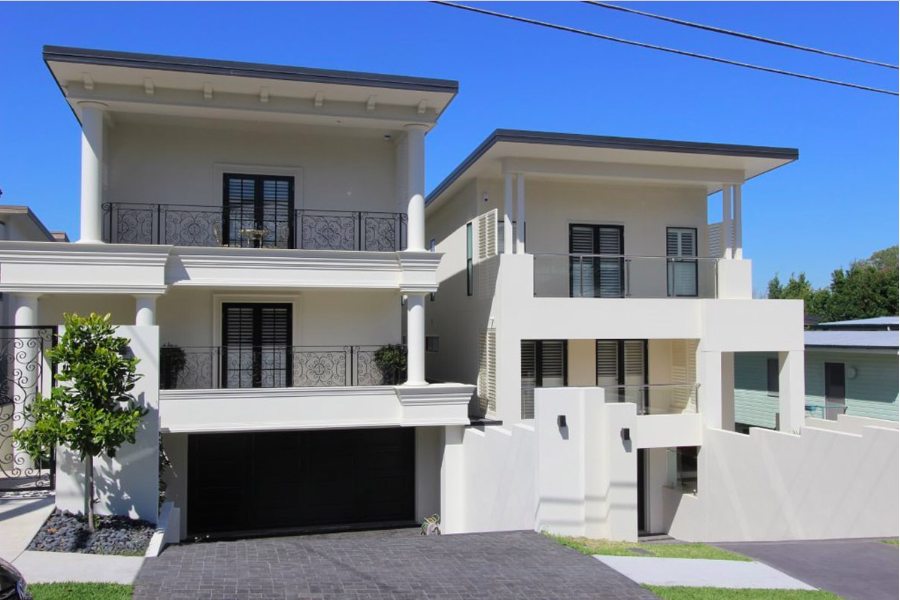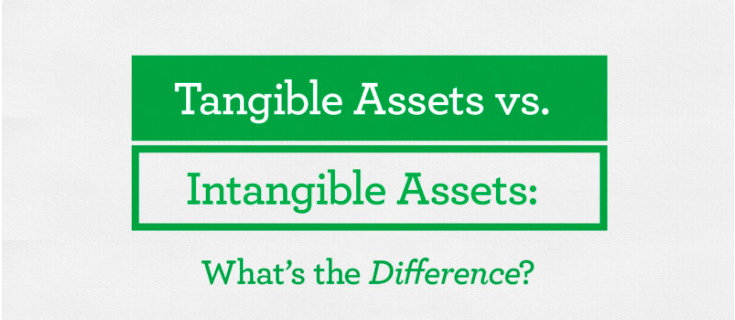
The Impact of Renovations on Property Valuation
Renovations can significantly influence the market value of a property. However, not all renovations add equal value, and some upgrades might not increase valuation as much as property owners expect.
In this article, we explore how renovations impact property valuation, what types of improvements offer the best returns, and what property owners should consider before starting a renovation project.
1. Renovations That Add the Most Value
Certain upgrades consistently deliver strong returns by boosting a property's appeal, functionality, and overall marketability:
Kitchen Remodels: Modern, functional kitchens are a major selling point. Upgrading cabinets, countertops, and appliances can add significant value.
Bathroom Upgrades: Renovated bathrooms, especially adding an additional one in a home that previously had only one, can greatly increase property worth.
Energy Efficiency Improvements: Solar panels, insulated windows, and modern HVAC systems not only reduce utility bills but are attractive to environmentally conscious buyers.
Adding Extra Space: Extensions, additional bedrooms, or creating usable spaces like a home office can greatly boost value, especially in growing urban markets.
2. Renovations That May Not Yield High Returns
Not all renovations guarantee a high return on investment. Some may improve personal comfort but don’t necessarily increase resale value:
Luxury Upgrades: Installing a wine cellar, home theater, or designer lighting may not appeal to every buyer and could be considered unnecessary.
Over-Customization: Extremely personalized renovations (e.g., very bold colors, unique room layouts) may limit the appeal to future buyers.
High-End Landscaping: While curb appeal matters, very expensive landscaping projects typically do not yield proportional increases in property value.
3. Quality and Professionalism Matter
Valuers consider not only what was renovated, but how well it was done.
Poor workmanship or unprofessional finishes can reduce the impact of a renovation.
Unpermitted work (like unauthorized extensions) can even lower property value, as it poses legal risks.
Matching upgrades to the existing property style and neighborhood standard is essential to maintain harmony and attract buyers.
4. Overcapitalization: A Real Risk
Overcapitalization happens when the cost of renovation exceeds the value it adds to the property.
For example, spending ₦10 million on a kitchen in a neighborhood where average home prices are modest may not be recouped in resale value.
Valuers assess renovations carefully against local market standards to determine their true impact on property value.
5. Documentation Helps the Valuer
When valuing a renovated property, documentation can help demonstrate the value of the upgrades:
Receipts for work done
Building permits and approvals
Before-and-after photos
Warranty information for major systems or appliances
Providing these to the valuer ensures that your renovation efforts are properly considered during the assessment.
Conclusion
Renovations can significantly enhance a property’s market value, but strategic planning is key. Focus on functional, quality upgrades that improve the property’s appeal to a broad range of potential buyers. Always balance your renovation investment against expected returns based on your local market conditions.
If in doubt, consult with a real estate professional or valuer before starting major renovation projects.

 April 28, 2025
April 28, 2025



